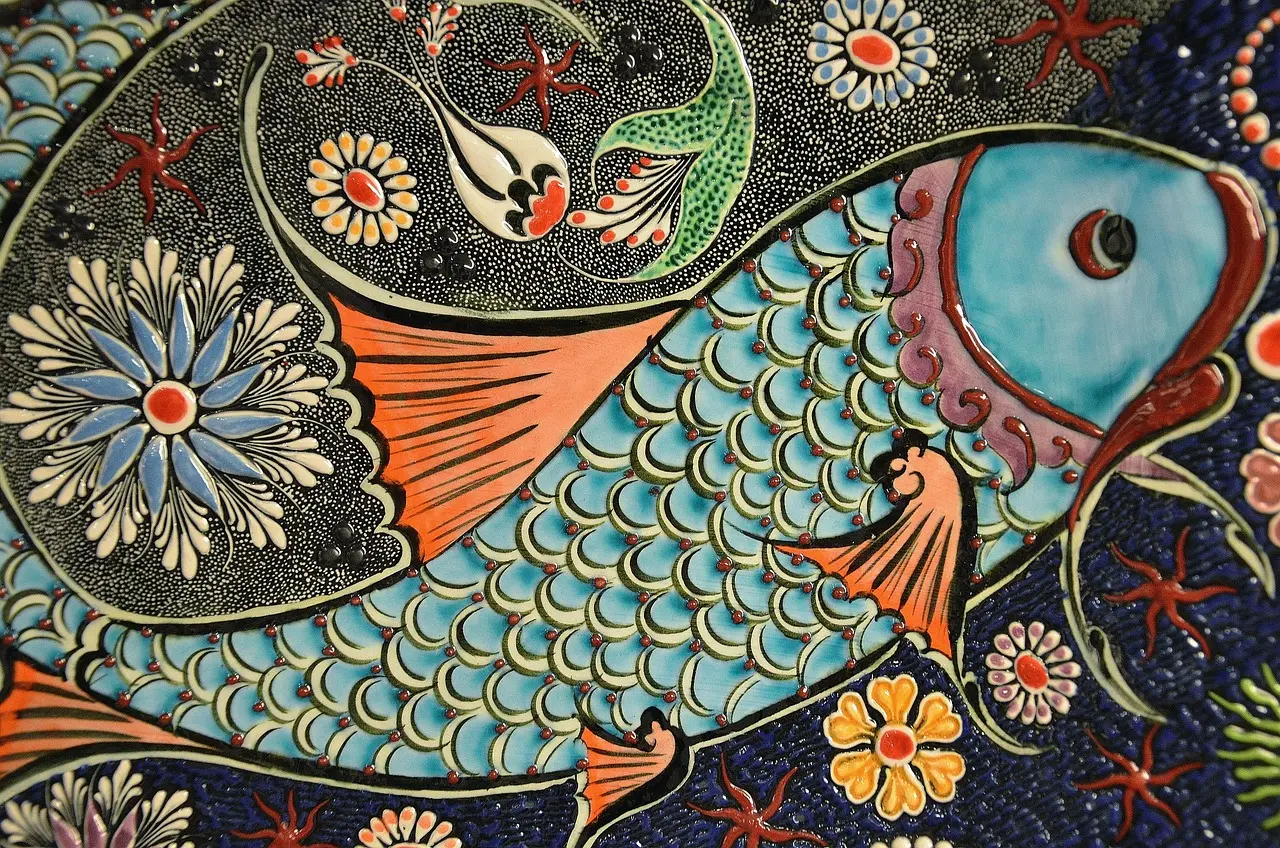Anxiety is a common mental health condition that affects millions of people around the world.
It is characterized by feelings of worry, nervousness, and fear that can interfere with daily life.
While there are a variety of treatments available for anxiety, many people are turning to medical marijuana as an alternative treatment option.
What is Medical Marijuana?
Medical marijuana, also known as medical cannabis, is a type of plant-based medicine that is derived from the cannabis plant.
It contains a range of compounds, including cannabidiol (CBD) and tetrahydrocannabinol (THC).
These compounds interact with the body’s endocannabinoid system, which is involved in a variety of physiological processes, including pain, mood, and memory.
Medical marijuana is typically used to treat a wide range of medical conditions, including chronic pain, epilepsy, multiple sclerosis, and cancer.
In recent years, it has also been used to treat anxiety and other mental health conditions.
How Does Medical Marijuana Help with Anxiety?
The exact mechanisms by which medical marijuana helps to alleviate anxiety are not fully understood.
However, research suggests that the compounds in marijuana may interact with receptors in the brain that are involved in the regulation of mood and stress.
One study found that low doses of THC, the psychoactive compound in marijuana, can reduce anxiety and improve mood. However, higher doses of THC can actually increase anxiety and impair cognitive function.
This suggests that it is important to find the right dosage and balance of THC and CBD when using medical marijuana to treat anxiety.
Is Medical Marijuana a Safe and Effective Treatment for Anxiety?
There is still limited research on the safety and effectiveness of medical marijuana for anxiety. Some studies have found that it can be an effective treatment option, while others have found little to no benefit.
One review of multiple studies found that medical marijuana may be effective in reducing anxiety in people with certain medical conditions, such as social anxiety disorder, generalized anxiety disorder, and post-traumatic stress disorder.
However, more research is needed to confirm these findings and determine the optimal dosage and treatment regimens.
It is also important to note that medical marijuana can have side effects, including dizziness, dry mouth, and fatigue.
In rare cases, it can also cause more serious side effects, such as paranoia and psychosis. It is important to talk to a medical professional before starting any new treatment, including medical marijuana, to ensure that it is safe and appropriate for you.
How to Access Medical Marijuana for Anxiety
Medical marijuana is legal in many states, but the specific laws and regulations vary by state. In states where it is legal, medical marijuana is typically only available to people with certain medical conditions, such as cancer, HIV/AIDS, and multiple sclerosis.
Some states also allow medical marijuana to be used to treat anxiety and other mental health conditions.
To access medical marijuana, you will need to get a recommendation from a licensed healthcare provider. This may be a doctor, nurse practitioner, or physician assistant. You will also need to register with your state’s medical marijuana program and obtain a medical marijuana card.
Once you have a medical marijuana card, you can purchase medical marijuana from a licensed dispensary.
Dispensaries typically offer a variety of products, including dried flower, oils, tinctures, and edibles.
It is important to carefully follow the dosage instructions provided by your healthcare provider and the dispensary to ensure that you are using the product safely and effectively.
Conclusion
Medical marijuana may be a viable treatment option for anxiety and other mental health conditions.
If you are considering using medical marijuana to treat anxiety, it is important to talk to a medical professional and get a medical card online.
They can help you determine if medical marijuana is a safe and appropriate treatment option for you, and provide guidance on dosage and use.
It is also important to note that medical marijuana is not a cure-all and should be used in conjunction with other treatment options, such as therapy and medication, as recommended by a healthcare professional.
It is important to have a comprehensive treatment plan in place to address the underlying causes of anxiety and manage symptoms effectively.


